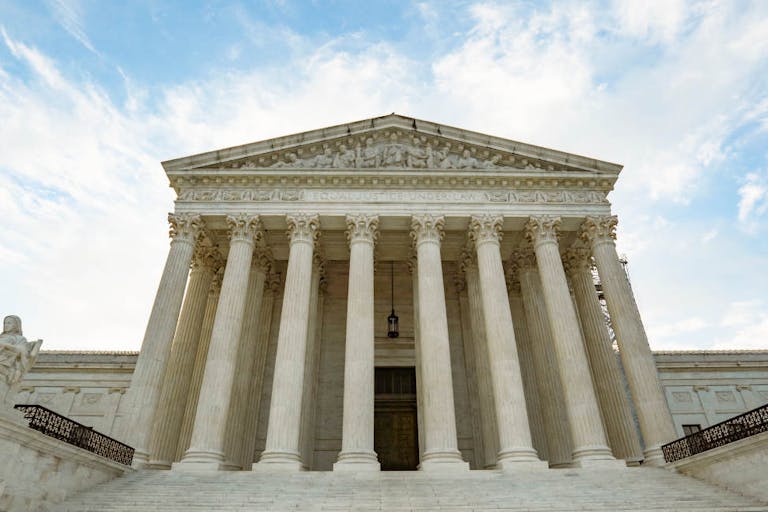
Supreme Court decision has potential to impact pro-life outreach
Sheena Rodriguez
·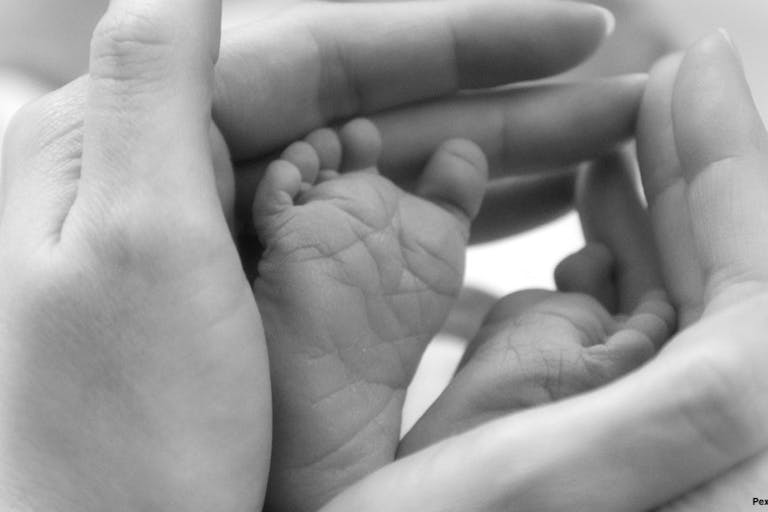
Analysis·By Anne Marie Williams, RN, BSN
Be Not Afraid offers hope to families facing poor prenatal diagnoses: ‘You are not alone’
Live Action News has previously featured Be Not Afraid, a completely pro-life “case management service providing parent-centered care and peer support to moms and dads carrying to term following a prenatal diagnosis.” Spokeswoman Tracy Winsor spoke to Live Action News this week about a new ethics document authored by Be Not Afraid, in consultation with the National Catholic Bioethics Center, regarding the care of newborns who receive poor prenatal diagnoses. As the document notes, terms like “fatal fetal anomaly” or “incompatible with life” are not clinical or medical terms. Instead, they recommend “life limiting” as a more accurate term for babies with diagnoses such as Trisomy 13 or Trisomy 18.
While the current trend is to encourage parents who receive a poor prenatal diagnosis to plan for “comfort care” or hospice care after their baby is born, this new document recommends a fundamental paradigm shift that actually involves stabilizing the baby medically after birth in order to evaluate him or her accurately.
According to the document (emphasis added):
“Prenatal referrals for palliative care and/or perinatal hospice care with the mindset of limiting medical options for a newborn at birth should not be made unless it is known with moral certainty that the prenatal diagnosis is (1) accurate, and (2) that it will directly cause perinatal death with or without life-sustaining treatment and care routinely offered to newborns. The primary reason for this is that medical decisions, which are moral decisions, must be made with all available knowledge. In the majority of cases, the most accurate information regarding the diagnosis, prognosis, and possible treatment options for a baby with a prenatal diagnosis can only be gained with a full medical evaluation of the child by appropriate medical specialists after he/she is born.”
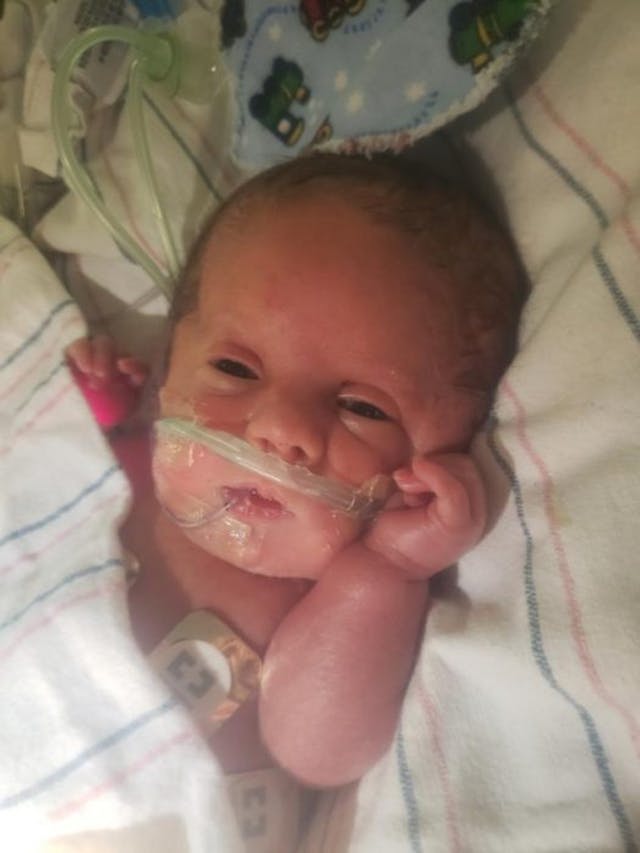
Nixon Frazier (Be Not Afraid)
Be Not Afraid’s mantra for the parents they work with is to have their children treated “just like the other kids.” Parents have the right to ask that their children be treated like typical children by receiving stabilizing medical care after birth, until further evaluation or confirmation of the diagnosis can be done. Winsor wrote, “Some babies will die from their disability no matter the care they receive, but some live.” She further added, “For infants with a life-limiting prenatal diagnosis, the first threat to their lives is abortion and the second is withholding or withdrawal of care at birth.”
Research has found that outcomes vary wildly if parents receive a prenatal diagnosis, or one at birth. According to one study, for example, found that 36% of children with a prenatal diagnosis lived for less than 24 hours, and just 47% were discharged home. For children who received a postnatal diagnosis, however, only 1% lived less than 24 hours, and 87% were able to be discharged home.
Winsor connected Live Action News with two Be Not Afraid clients who received life-limiting diagnoses prenatally. Kerry and Eddie Rowe of Ohio were told at their twenty week ultrasound that their preborn son Luke had a hole in his heart, clubbed feet, and spina bifida, all suggestive of Trisomy 18. The Rowes were referred to Be Not Afraid, who helped them craft a detailed birth plan that actually involved declining testing that would confirm the Trisomy 18 diagnosis at birth. “We chose not to have the testing done right away in order to avoid limitation of care,” Kerry Rowe explained to Live Action News. Instead, Luke was medically stabilized, underwent surgery for spina bifida, and is now 5 weeks old and at home, receiving oxygen into his nose and most of his feeding through a feeding tube. Kerry noted, “God was very much a part of all this, and Luke’s life has already changed other lives.”
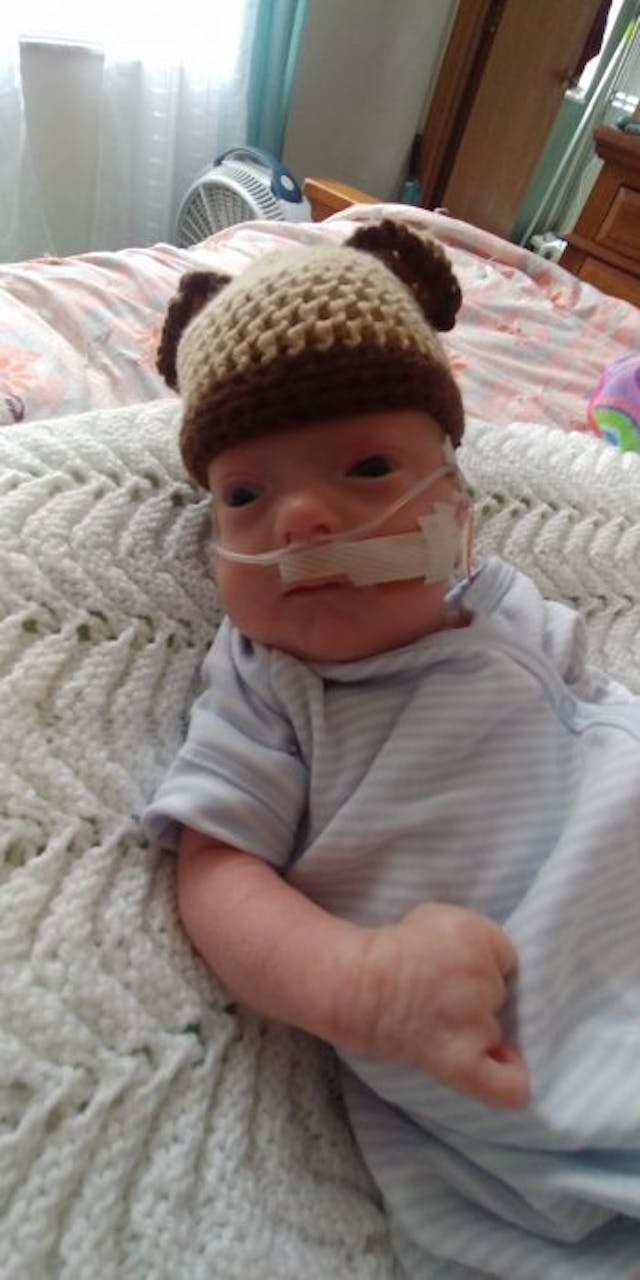
Luke Rowe (Be Not Afraid)
When Aubrey Frazier of California was told that her preborn son Nixon likely had osteogensis imperfecta, better known as brittle bone disease, she was told “the baby is now a non-factor in this pregnancy.” According to her doctors, abortion was her only option — yet she wasn’t willing. “I’ve always been pro-choice, but not for myself,” she told Live Action News.
Frazier told her doctor that she wanted to carry to term, and have a c-section to minimize Nixon’s pain and the chances of bone breakage during birth. Unfortunately, her doctor resisted her wishes because she was a first-time mother. Frazier was referred to Be Not Afraid, and subsequently connected with both a nurse and a neonatologist who reassured her. “You’re not crazy. It’s OK to be doing what you’re doing,” Frazier recalled them saying. With help and support from Be Not Afraid, she crafted a birth plan for a c-section, along with instructions that baby Nixon be medically stabilized after birth. He was born on April 10th, and is currently in the NICU, on C-pap without oxygen for breathing support. After his diagnosis is confirmed, he’ll start treatment for his bones and then be discharged home. Asked what she would tell other parents frightened by a prenatal diagnosis, Aubrey said, “You have options, and there are resources out there. No parent should ever have to feel alone.”
“Like” Live Action News on Facebook for more pro-life news and commentary!
Live Action News is pro-life news and commentary from a pro-life perspective.
Contact editor@liveaction.org for questions, corrections, or if you are seeking permission to reprint any Live Action News content.
Guest Articles: To submit a guest article to Live Action News, email editor@liveaction.org with an attached Word document of 800-1000 words. Please also attach any photos relevant to your submission if applicable. If your submission is accepted for publication, you will be notified within three weeks. Guest articles are not compensated (see our Open License Agreement). Thank you for your interest in Live Action News!

Sheena Rodriguez
·
Analysis
Sheena Rodriguez
·
Pop Culture
Cassy Cooke
·
Analysis
Cassy Cooke
·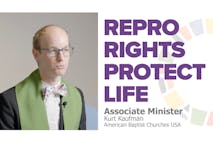
Analysis
Cassy Cooke
·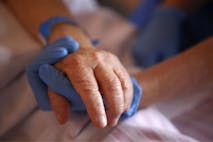
Analysis
Cassy Cooke
·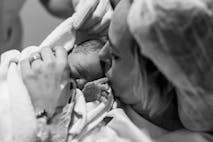
Issues
Anne Marie Williams, RN, BSN
·
Analysis
Anne Marie Williams, RN, BSN
·
Analysis
Anne Marie Williams, RN, BSN
·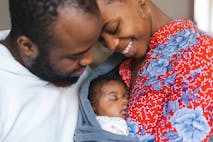
Issues
Anne Marie Williams, RN, BSN
·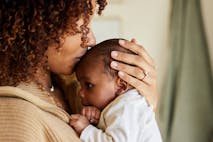
Analysis
Anne Marie Williams, RN, BSN
·